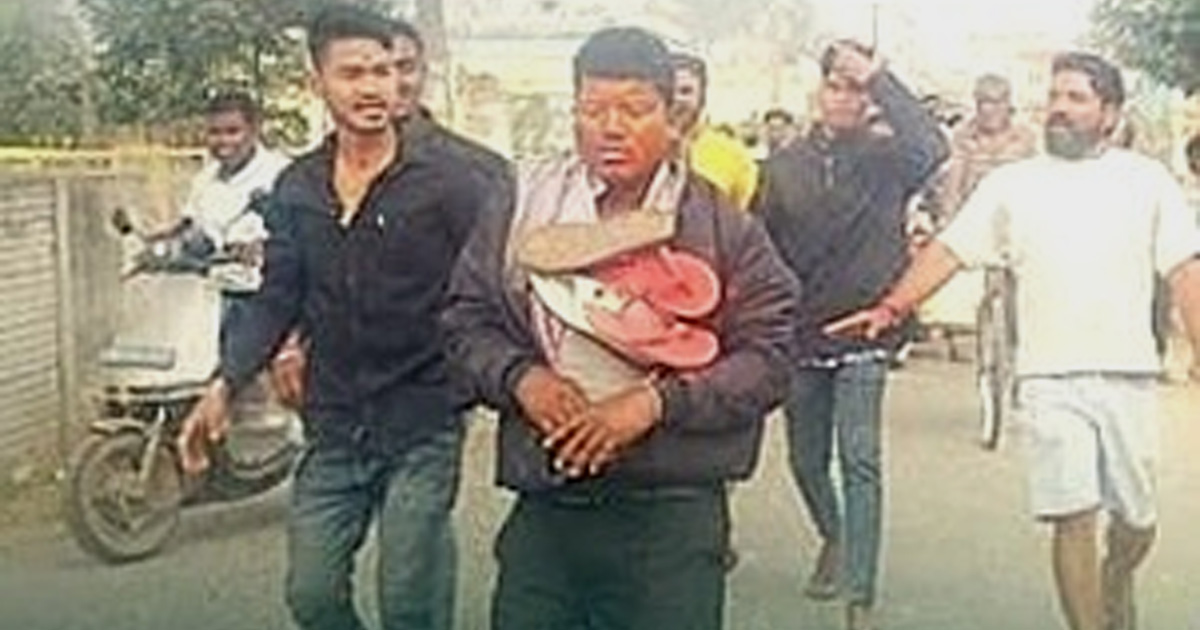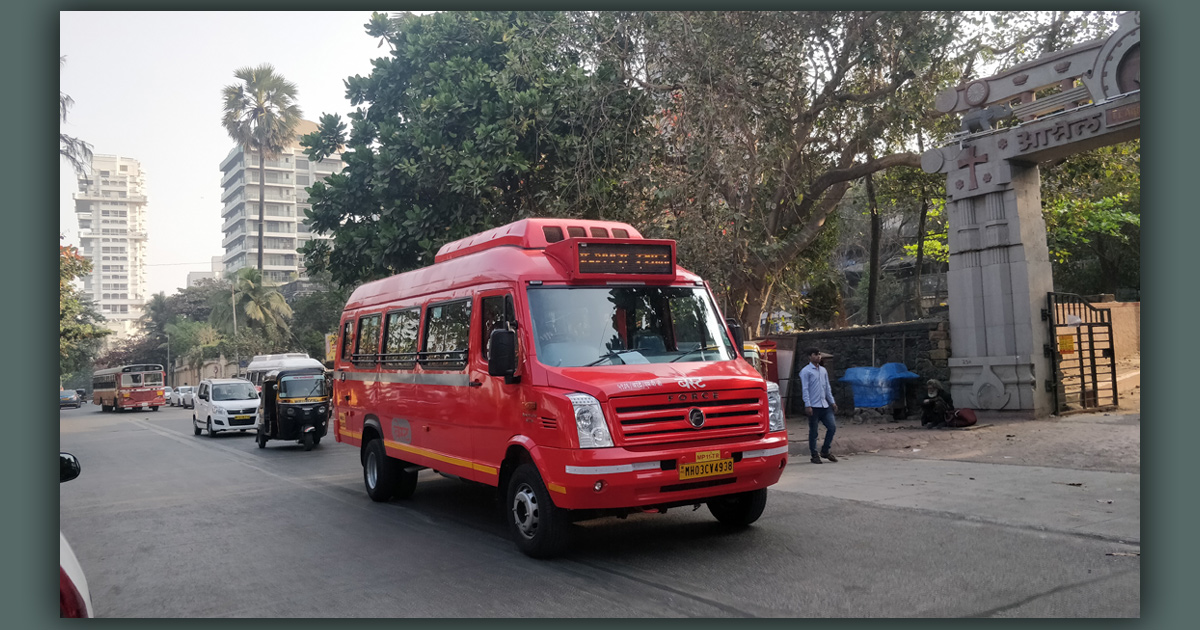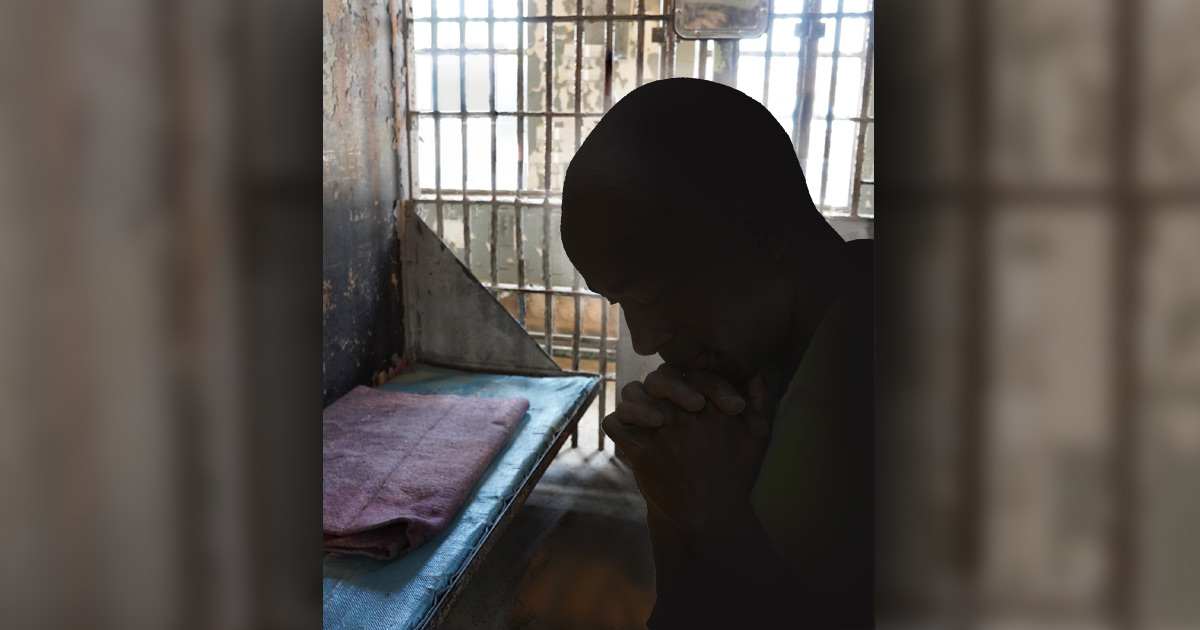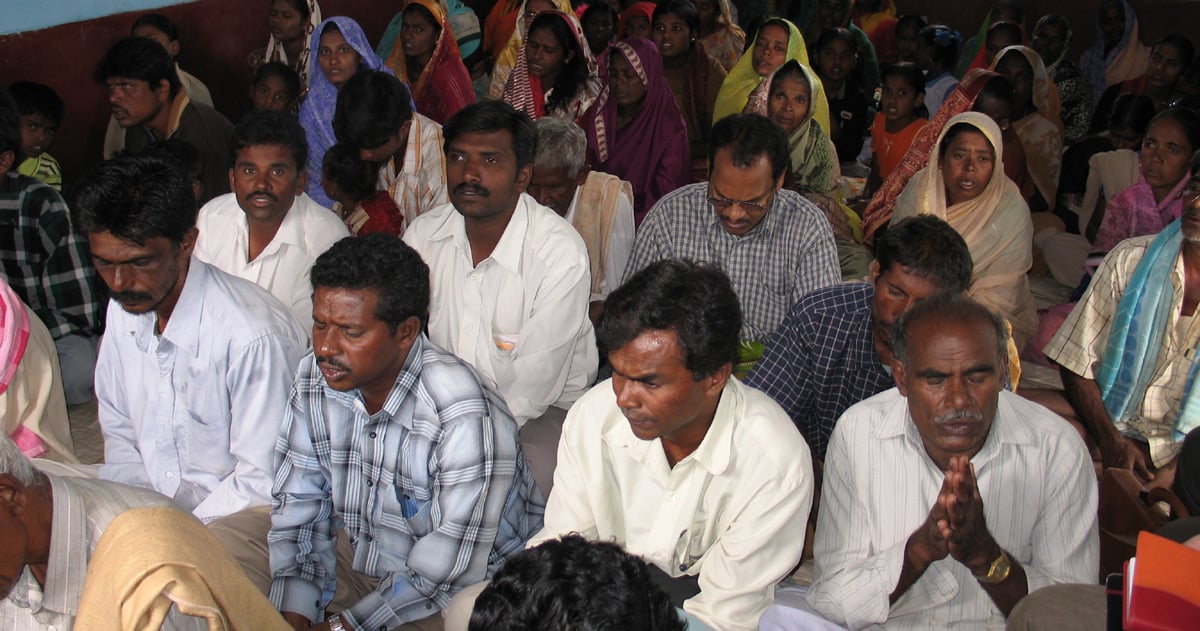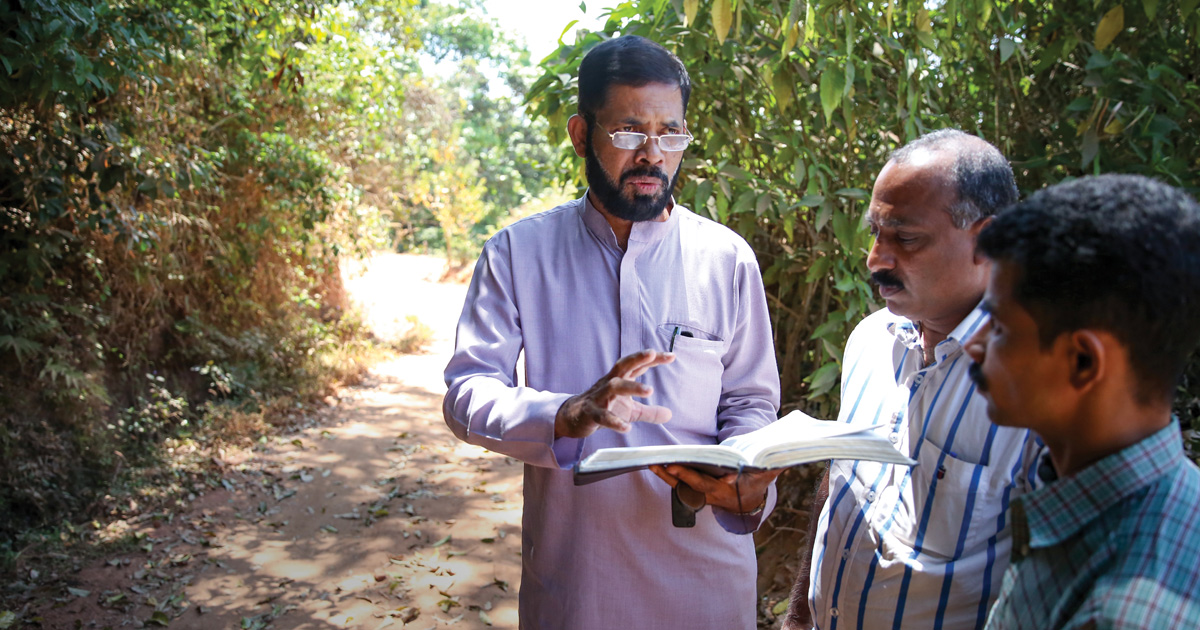
Photo: VOM International
A church leader in the Indian state of Madhya Pradesh has been convicted on false charges of forcing Hindus to convert to Christianity. On September 25th, a court in Jhabua sentenced Pastor Vikas Nimach to five years in prison and ordered him to pay a fine of over $1,600 CAD. His legal team intends to appeal the recent verdict, claiming that the trial lawyer mishandled the proceedings.
The convicted pastor was arrested in December 2021, along with five other believers. The complainants claimed that these Christians had allegedly bribed Hindus to come to their church with promises to provide each of these congregants approximately $16 CAD per month, a motorbike, plus free medical treatment and education for their families. While the other five Christians were granted bail, Pastor Vikas spent nine months in jail before obtaining bail in September 2022.
Madhya Pradesh is one of the 12 Indian states that have implemented anti-conversion legislation. These laws are frequently misused by individuals with personal vendettas, as well as by those seeking to stoke religious divisions. For more details on the persecution facing Christians in India, go to our country report.
Please uphold Pastor Vikas in your prayers as he begins to serve his prison sentence, asking our Heavenly Father to keep this church leader strong in his faith and provide for all of his physical, spiritual and emotional needs. In addition, pray that Pastor Vikas' appeal hearing will be successful, enabling him to soon be set free. Continue to remember the numerous other followers of Jesus throughout this nation who are facing similar situations, praying that they too will receive ongoing encouragement, strength and protection. Despite the many challenges being encountered by these believers, may they faithfully proclaim the message of God's free gift of salvation throughout India so that multitudes more will receive opportunities to come to faith in Christ.

 Population
Population